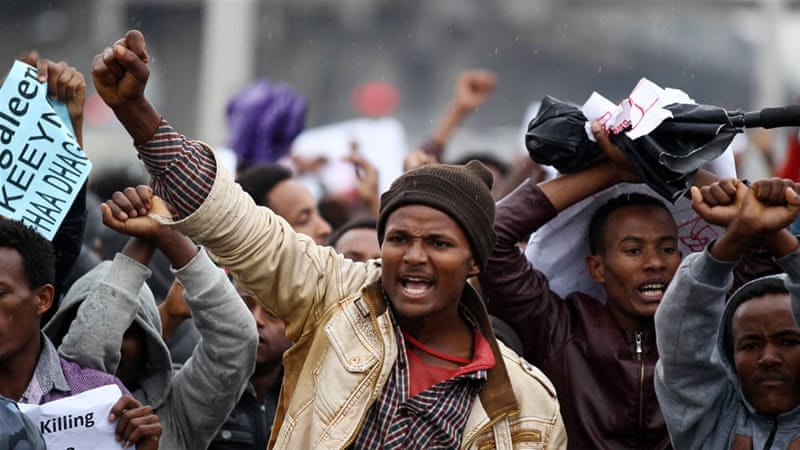
The Ethiopian government has announced the rules that will guide the 6-month state of emergency declared last week. The conditions bar diplomats from going beyond 40km outside the country’s capital city of Addis Ababa because of “their own safety”.
The government has also categorized posting about the country’s situation on Facebook and other social media as a criminal offence. Unfortunately, these deliberate human rights violations that should be a global concern are yet to be seriously condemned globally.
Other things outlawed during this period in Ethiopia include broadcast media. Ethiopians cannot watch the TV channels Ethiopian Satellite Television and Radio and Oromia Media Network, which are both based outside the country. The government says those media belong to “terrorist organisations”.
There are also reports that listening to other foreign media that have constantly reported the crisis in Ethiopia has also been banned and criminalized. Protests have also been banned in the country and a 6pm – 6am curfew imposed.
The Ethiopian government declared a state of emergency last week Sunday. Ventures Africa explained that a state of emergency may be less effective and the Ethiopian government will need more than this suppressive approach to restoring order to the country.
The latest rules guiding the state of emergency are items that amount to human rights violation that has been deliberately put together by Ethiopia and targeted against the Oromia people. The United States, a major ally to the East African country, has also refused to condemn this attack on human rights.
Since the protest in Ethiopia began about a year ago, the number of people killed has been put at no fewer than 500. If the silence from international stakeholders persists, the people of Ethiopia, particularly those with dissent voices to the government would be a subjected to the worst human rights violation ever witnessed in Ethiopia in recent times.